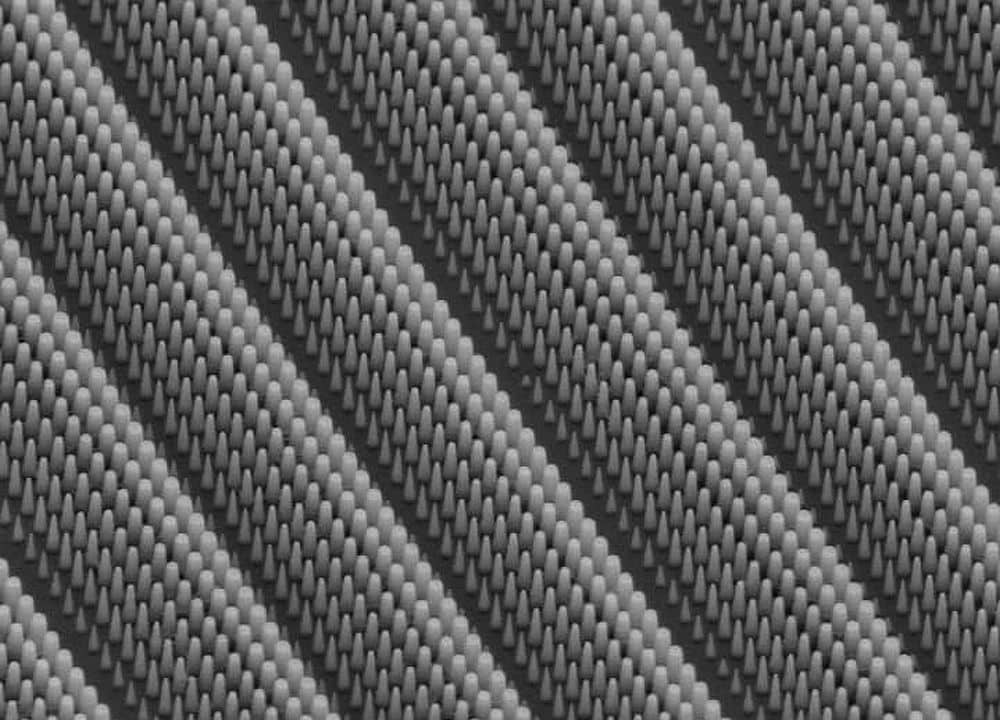New Scientist reported that scientists at the University of Maryland at College Park have managed to clock a floating piece of graphene at an astounding rate of 60 million rpm, far faster than any other macroscopic object yet measured. Scientists believe this is only a fraction of its possible top speed, given the strength of the material.
To set the spinning speed record, scientist Bruce Kane took charged few-layer flakes of graphene only a micrometer wide, and sprayed them into a vacuum chamber, where they were trapped in mid-air by electric fields. According to New Scientist:
Kane then set them spinning using a light beam that is circularly polarized, meaning it passes its [angular] momentum to objects in its path. As a result, the flakes started spinning at 60 million rotations per minute, faster than any other macroscopic object.
It is due to graphene’s amazing strength that the flakes are not pulled apart by the much higher spinning rate, Kane says. The graphene flakes are only spinning at a thousandth of their theoretical maximum rate.
Changgu Lee at the Sungkyunkwan University in Suwon, South Korea, who previously tested graphene’s strength, told New Scientist, “When spinning graphene at super-high speed, it will be stretched like pizza dough which will enable scientists to observe some interesting physics.”
In regard to this “interesting physics,” the UM groups thinks it will uncover new mechanical and electronic properties of graphene, plus suggest new approaches to graphene crystal growth, modification and manipulation, especially when the graphene when it is not attached to any supporting substrate.
CTT Categories
- Electronics
- Material Innovations
- Nanomaterials
Related Posts
Sports-quality ice: From pond side to precision Olympic engineering
February 12, 2026


